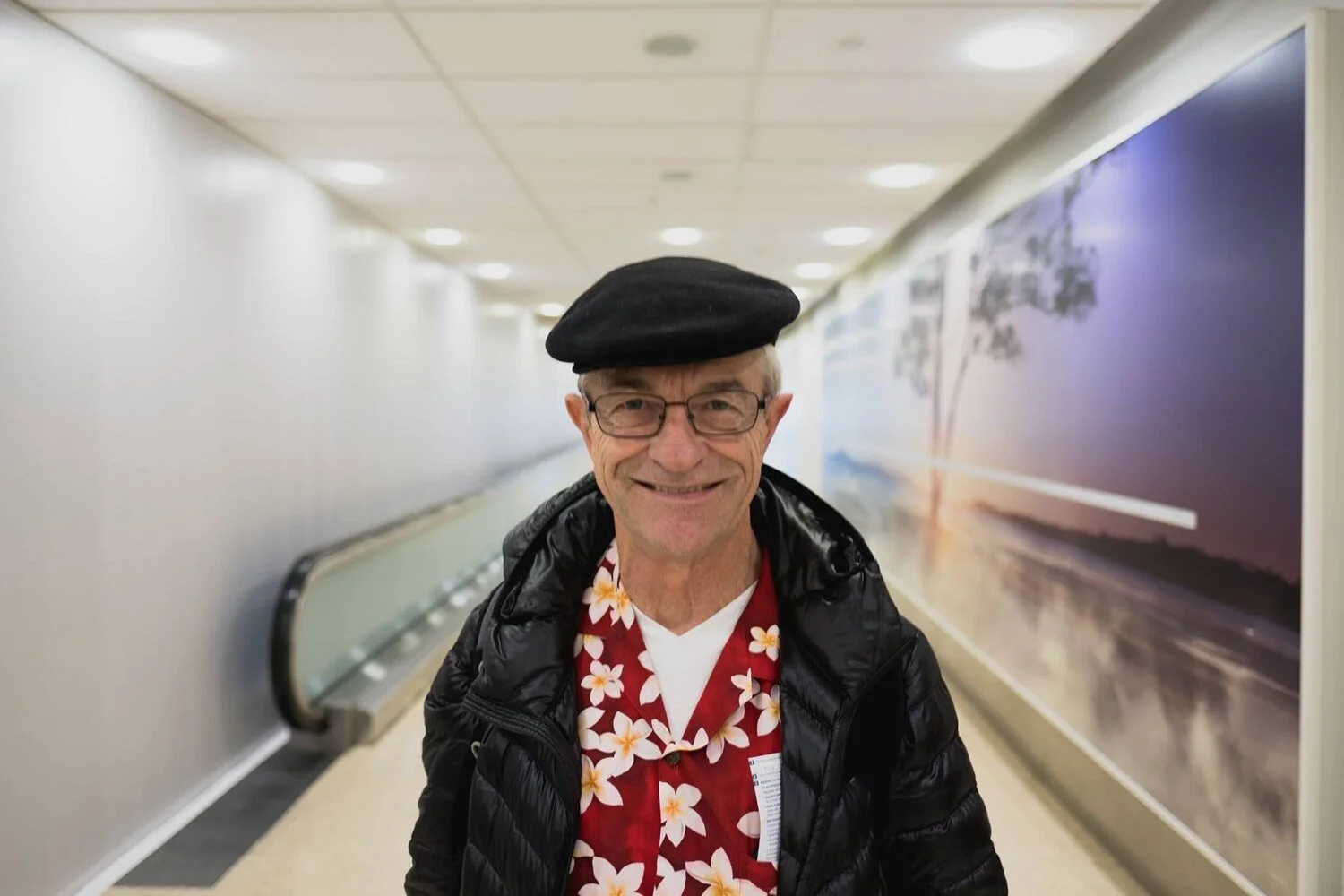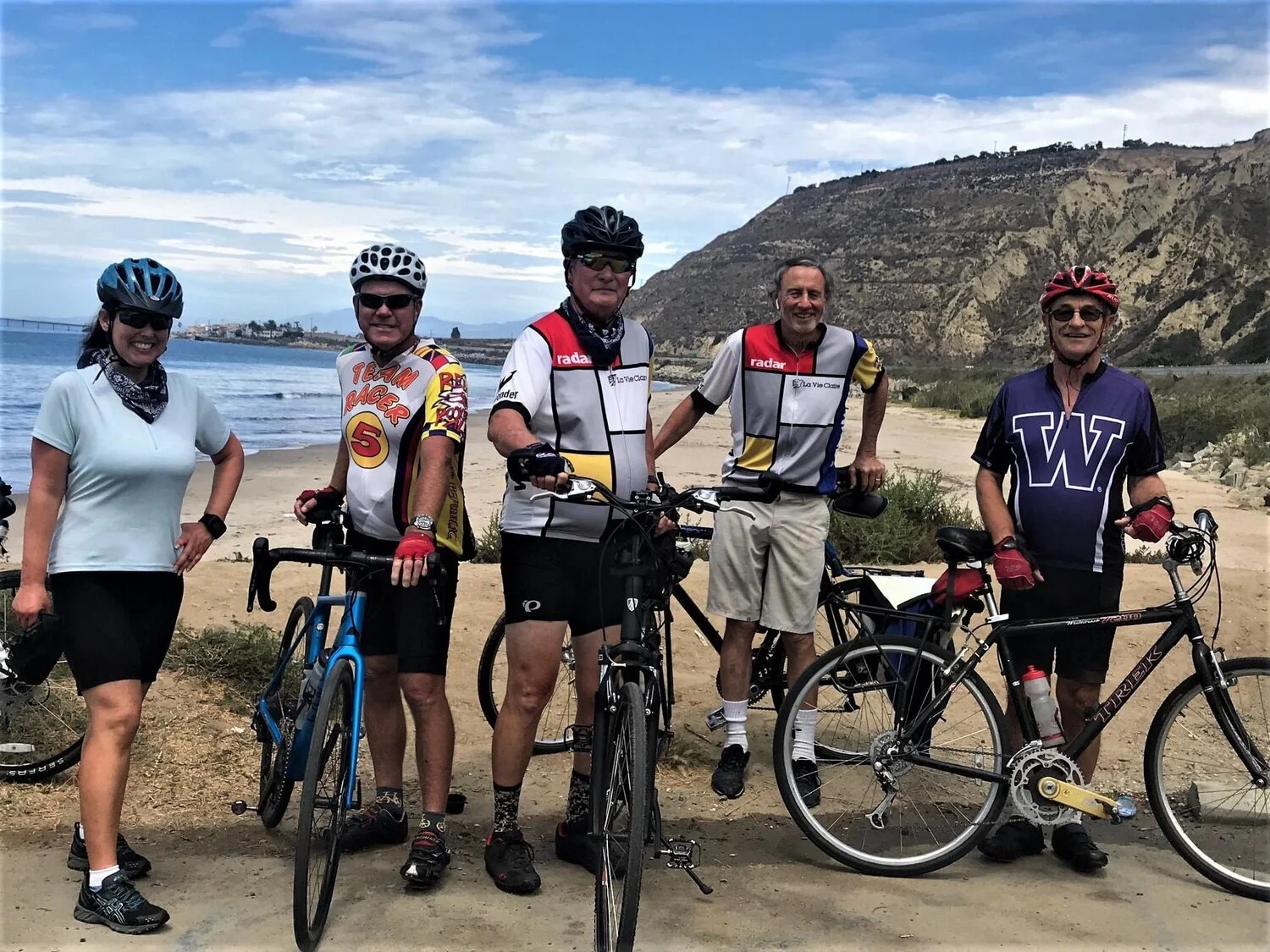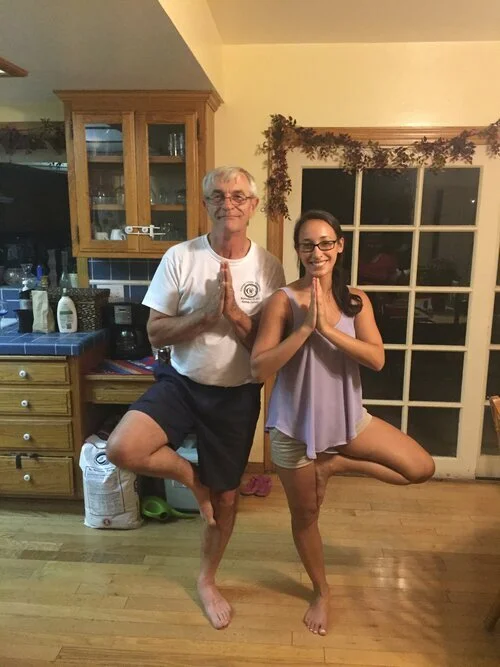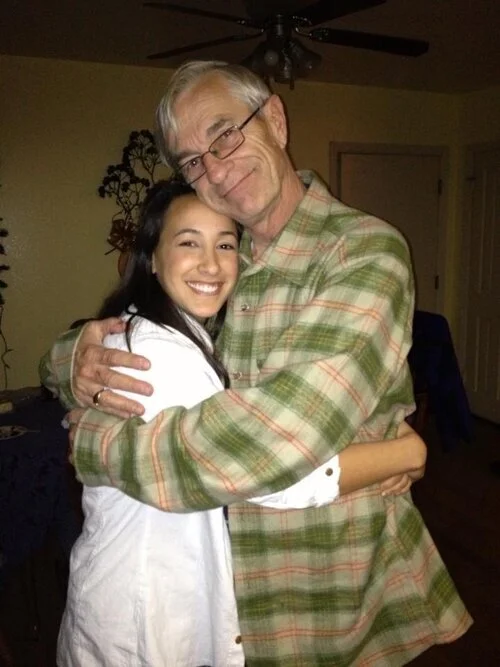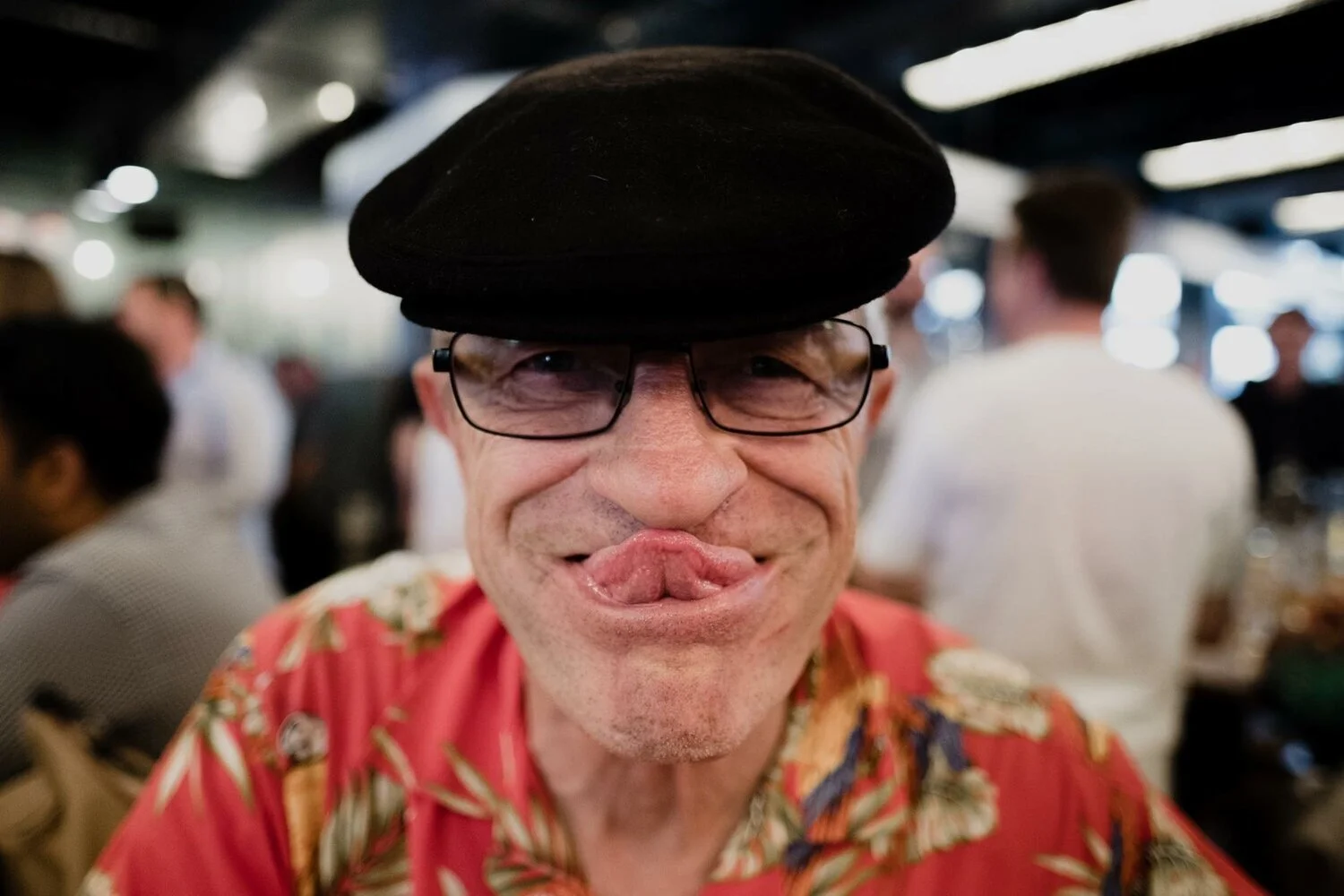Gregg’s Truth
[Originally shared September 28, 2020]
Alright friends, this is a rare submission to the Being Better blog: a truth presented from a male’s perspective. And there’s none other to present this view than my dad, Gregg Ellers. A quick look into his background: he grew up in Billings, Montana, went to school for engineering, worked, and is finally retired. Through that journey, he’s married and brought two humans into this world- me, and then my brother. He’s had his own trials and tribulations and it was just recently that I’ve even made a realization: he could benefit from sharing his truth, and everyone else who doesn’t realize that men also need connection to their pelvic health could benefit too. So here it is, the first “He is Being Better” for you to read, enjoy, and share.
What was your relationship with your health growing up? What does it look like now?
Growing up through the grades, high school, and college, I did the normal exercise required and basically nothing beyond that until I turned 21. Then I went to work doing extensive travel for the job with no attention paid to exercise other than the walking on the job and eating normal diet maintaining my weight at my high school weight of 165.
When I turn 30-32 I developed high blood pressure and started taking pills to control it. At around 45 to 50 I started doing some jogging amounting to a mile a week but not on a consistent basis. When I turned 62-63, I found my weight going up and my energy level going down. I didn't like that feeling as it affected my work attitude and how poorly I felt about my self.
I realized that I had to do something to turn myself around. That is when a friend and his son got my started in biking on a regular basis. I invested in a road bike and started doing longer and longer rides until I was doing century rides with sag support. I was at an Amgen-sponsored ride at the Rose bowl and saw Power Cranks for the first time and had them installed on my bike. Those really made me think about proper exercise when doing more difficult rides involving serious climbing. That's when I joined a gym and started doing weights as well. I was training hard for the California Alpine ride also called the Death Ride when Covid -19 hit. Once Covid-19 is over I will restart my gym training.
What was your relationship with significant others like- parents, siblings, girlfriends, spouse- and how did that relate to your health?
My family had 3 children. My brother is 12 years older, I'm in the middle and my sister is 1.5 years younger. My brother being 12 years older had almost a separate life from me and because of that I don't know that much about him. He went to a different grade and high school than me. He did a year of college in mechanical engineering at MSU in Bozeman, MT and then took a job in Los Angeles with an aircraft company. His effort at mechanical engineering caused me to take mechanical engineering too at MSU. He never smoked or drank which had an effect on me.
My sister and I even on the farm I came from had essentially separate lives after the grades with her going to the city for high school and college. We in our later lives are both now watching our health in terms of foods and exercise and find ourselves able to converse on diets and what we do for exercise.
Mom and Dad both smoked and none of us children liked it because of the smell. At one point Barb and I tossed several packets of cigarretts in the furnace to show them our displeasure in this foul habit.
Dad always ate slowly and was always the last to leave the table. I remember him telling me to thoroughly chew my food before swallowing but at school with an hour to lunch and play, eating was done as quickly as possible so I could play.
Never had a girlfriend until I was a senior in high school who brought me testimony about Christ and the Apostles' ministry. Her family became life long friends but didn't affect health in terms of food or exercise.
My wife's background has had a profound effect on my diet as she strongly promotes lots of vegetables and fruits in the diet.
What have you noticed about your pelvic health over the years and how has that changed with any procedures/surgeries? What was your journey with cancer like?
When I was about 30 or so I was at Red Cross giving blood and was told I had high blood pressure. My doctor at the time put me on a pill to lower it. About that time I started to think more about exercise but didn't do much about it as it interfered with my social life which was centered around my church and family. When I was about 57 I developed a hernia and had to have surgery to repair it. I decided along with my wife that to give her peace of mind I would also have a vasectomy.
Once I reached 55 or so, my doctor observed my PSA (prostate specific antigen) was starting to climb from a one to 2 or 3. Every time I had one, the PSA kept climbing, which my doctor said might be a sign of cancer as it was really the only marker they had to determine what to do. So at 61 I was advised to have a prostate biopsy.
When they did the biopsy, they found one of the 12 core samples had suspect cells amounting to 7% of the sample. They found the proverbial needle in the hay stack. Doctors wanted to take it out, do radiation or chemo but I choose to do watchful observance as my cancer was not growing fast and was not something to get all concerned about.
My research showed me that in fact with diet it could be held at bay or even reversed. My diet at that point became a matter that took center stage in my journey. It is now 7 years later and I've had two more biopsies totaling 39 core samples. The last biopsy of 15 samples utilized an MRI guided ultra sound tool which supposedly enabled the doctor to target the cells that they felt were cancerous, however all 15 samples came back negative. My doctors all say I do not have to worry about my PSA which is stable at 6.8 and that there is no need for further biopsies. While this gives me wonderful comfort, I'm not going to drop my diet but continue to work on making it healthier than it is.
After listening to certain podcasts, I am finding that breathing and yoga can help my pelvic area reducing the number of times I must rise at night to relieve myself. I am now down to one pill a day and would like to get off even that pill. I have also stopped using Flomax as I found it was adversely affecting my balance.
What have you learned about pelvic health since having a daughter who does pelvic floor physical therapy?
Up until perhaps 6-8 months ago, I would say my understanding of pelvic health was essentially zero. I then looked at information about wellness directed mainly at females but didn't place much value on it because I'm a male. After a trip I had with my daughter, during which we listened to podcasts about health related topics, I found that my prostate issues are strongly related to my pelvic health that I had never considered before. I'm reading other books prescribed by my daughter as well about pelvic health and breathing. I feel like I have just scratched the surface of this subject and am on a steep learning curve.
Does it feel important to you to address any pelvic health concerns and would you seek pelvic floor PT from a male or female therapist?
Given what I now know about a good diet, exercise and breathing, I realize how it all affects the pelvic region. But knowing what little I know, I've got to learn more either from a male or female therapist.
How do you strive to "be better" every day when it comes to your health?
I have a kind of regiment I follow each day: Arise, do my devotional, eat a balanced breakfast of grains, fruit, go walking (climate permitting), bike and accomplish two projects each day. Once our gym opens up, I will devote two hours a day at the gym.
Any advice out there for other people who identify as male on mindset, exercise, prostate health, cancer, relationships, or anything else?
I'd say generally to read about diet, exercise and matters of faith because they all affect our health in one way or another. Don't become a couch potato after retirement but have a plan as to what to do with your time.
